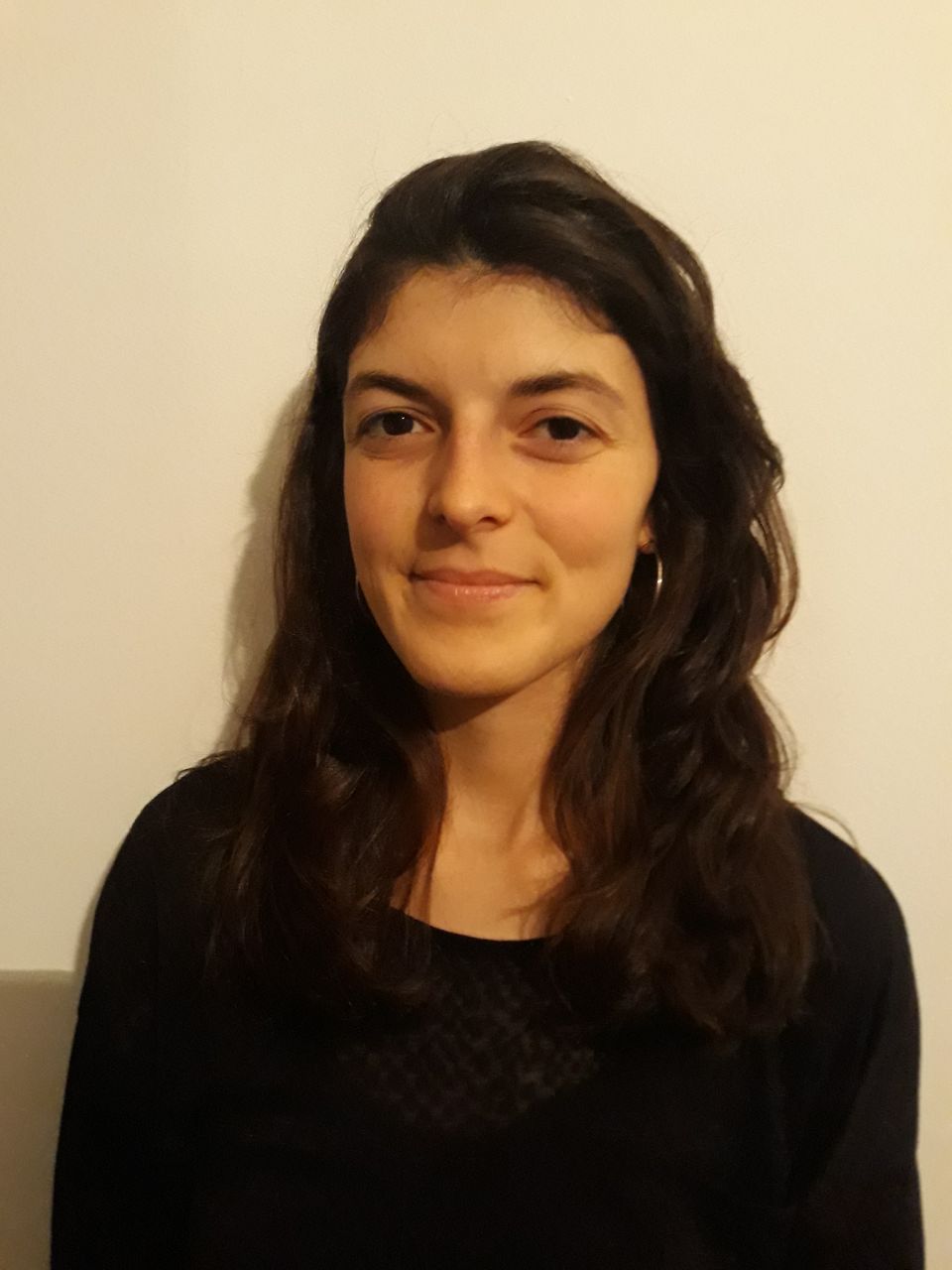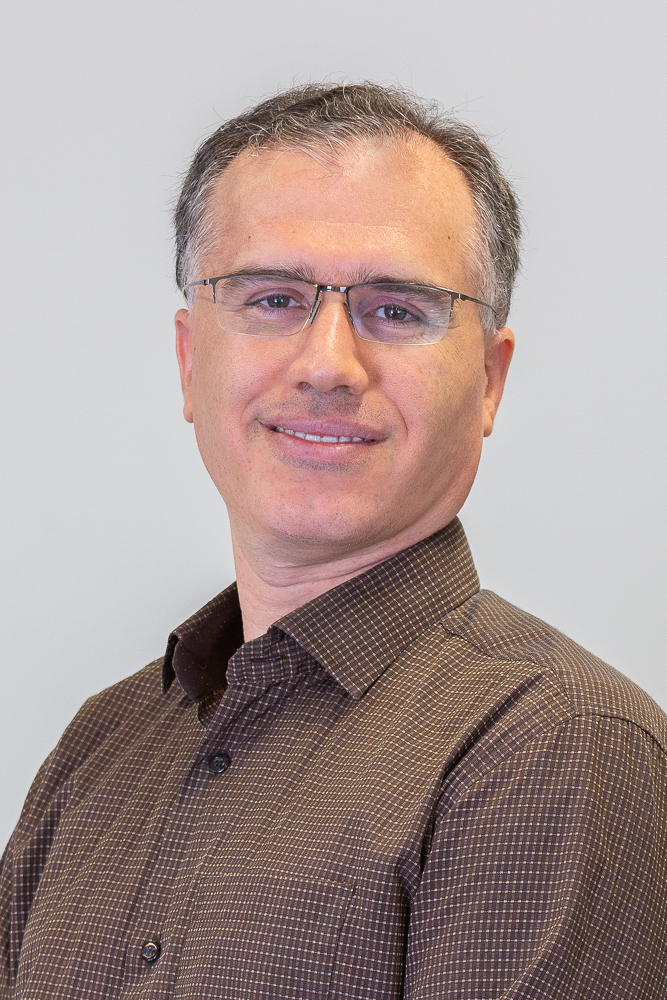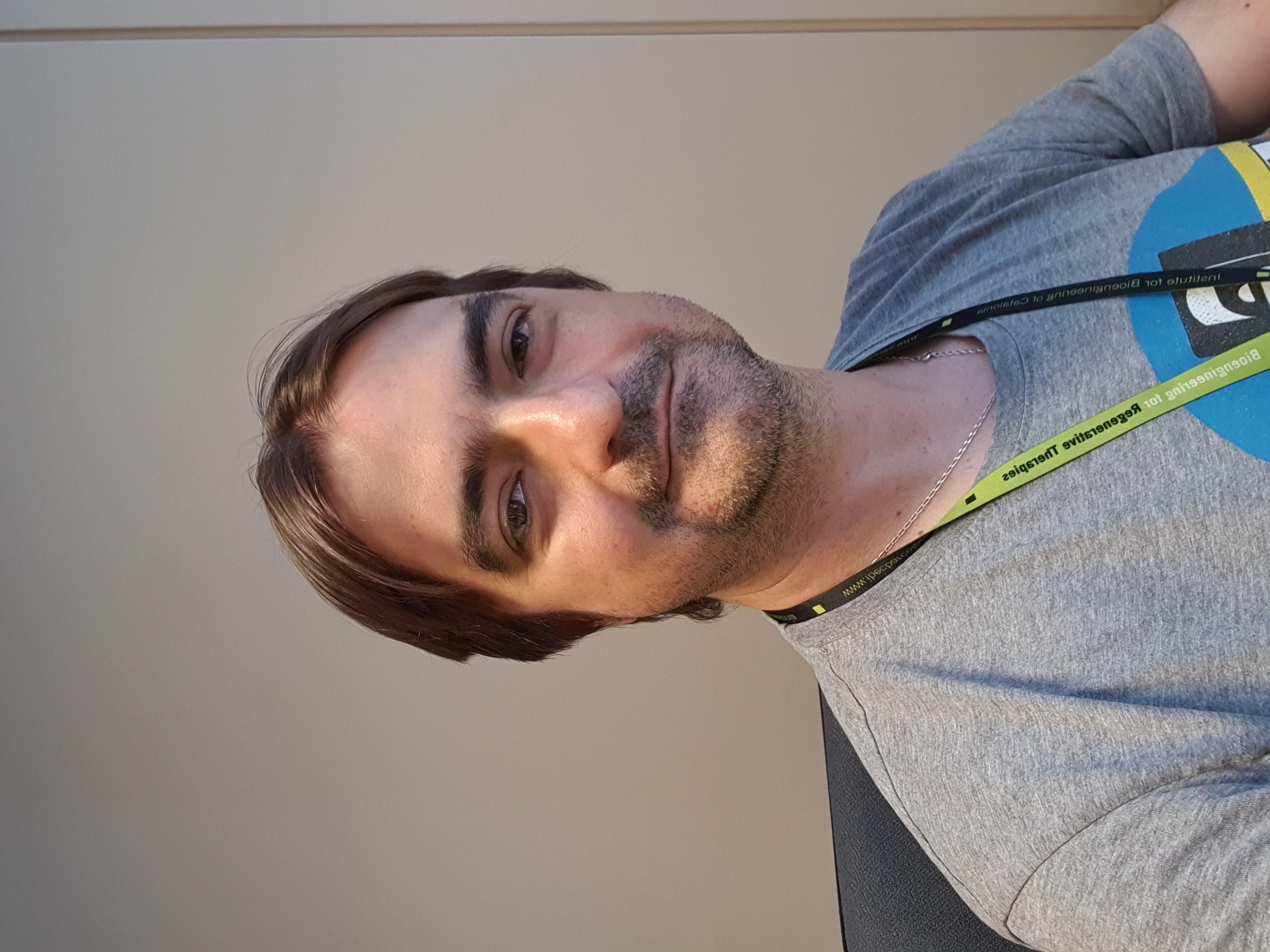IBEC
The Institute of Bioengineering of Catalonia (IBEC, www.ibecbarcelona.eu) born in 2005 is a leading-edge multidisciplinary research centre based in Barcelona that conducts excellent interdisciplinary research at the frontiers of basic and life sciences linked with engineering to generate new knowledge and applications by putting together biophysics, cell engineering, nanomedicine, biomaterials, tissue engineering and the applications of information technology to health.
IBEC has achieved a strong international position in biomedical engineering, as well as an increasing portfolio of technology transfer services available to the industrial sector and to the healthcare system. IBEC excellence was recognized in 2014 and 2018, by its award as Severo Ochoa Centre, as one of Spain top centres at the highest international level in terms of research, training, human resources, outreach and technology transfer.
At IBEC, frontier research is combined with specific transfer targets to produce new applied technologies to be used in life and health sciences. We have the versatility to generate excellent research and, at the same time, work with clinicians and industry to develop new diagnostic or treatment systems. IBEC's model is inspired by a creative, innovative new ecosystem based on interaction between experts in different enabling technologies (nano-bio-info-cogno) to generate new knowledge and engineering solutions in health technology like early diagnosis, new therapies based on regenerative medicine, better quality of life compatible with an ageing population, and technological advances to increase efficiency and make healthcare sustainable.
The knowledge of IBEC is structured in 4 broad topics: NANOMEDICINE, MECHANOBIOLOGY, CELL ENGINEERING and ICT FOR HEALTH with 3 major areas of application: FUTURE AND PRECISION MEDICINE, REGENERATIVE THERAPIES and HEALTHY AGEING.
Team

Carolina Rodríguez Gallo
Carolina Rodríguez Gallo studied the bachelor’s in physics, with a mention in theoretical physics, at the University of Barcelona. After that, she was enrolled in the Nanoscience and Nanotechnology master’s degree in the same faculty. During this period, she was also working in the CCiTUB as an X-ray lab technician, analyzing the structure and composition of pharmaceutical and research samples. She obtained the phD in the condensed matter physics department in the University of Barcelona in the magnetic soft matter group, where she was focused on understanding geometrically frustrated experimental systems by using soft lithography, optical tweezers and colloids. Now, she is working as a postdoctoral researcher in the Biosensors for bioengineering group in the Institute of bioengineering of Catalonia (IBEC).

Mehdi Torabi
As an Experimental Physicist, Mehdi's research area and interest in nanotechnology are related to the fabrication of optical and magnetic nanostructures and nanomaterials for sensing applications. Also, his main interest is integrating the nanomaterials into complete systems and pre-commercial instruments, like Lab on Chip (LoC) and Point of Care (PoC) devices, which have direct applications in providing a better life for people.
As an expert in the field of nanostructures, he has practical experience in topics such as Synthesis, investigation, and application of Nanostructures for use in electro-optical, gas sensing, and Bio-sensing devices. Also, he has practical experience in collaboration with industry for the fabrication of electro-mechanical sensors. He has also been interested in studying and fabricating Plasmonic and Photonic nanomaterials for biosensing applications. He has always been eager to find and develop new ways for designing and fabricating Optical-based nano-devices.
In terms of technical skills, he is an expert in the modeling and the fabrication of optical sensing nanodevices. He has practical experience in simulation software like LUMERICAL and COMSOL Multiphysics, also LabView and Python programming for scientific instruments.
Now, as a postdoctoral researcher, he is working on Multiplexing optical biosensors in combination with Organ on Chip platforms at Biosensors for Bioengineering Group Institute for Bioengineering of Catalonia, IBEC, Barcelona, Spain.

Ramon Javier
Professor Ramon has been occupying the role of Group Leader at the Institute of Bioengineering of Catalonia (IBEC) in Barcelona, Spain, since 2017. Since 2019, he has also been serving as an ICREA professor. Leading the "Biosensors for Bioengineering" group, Professor Ramon focuses on integrating sensor technology and nanotechnology with tissue engineering to advance the development of organs-on-a-chip (OOC) platforms. The team under his guidance consists of 18 members with diverse backgrounds, including industrial engineers, biotechnologists, and biologists. This group encompasses 1 senior researcher, 5 postdocs, 6 PhD students, 2 specialized technicians, 3 master's students, and 1 visiting researcher.
One noteworthy project led by Professor Ramon is the ERC starting grant project "DAMOC." This initiative aims to overcome limitations in the OOC field using a revolutionary technological approach, concentrating on engineering tissues in a multi-organ-on-a-chip platform to mimic the physiological characteristics of in vivo tissues. Another significant project, "TATAMI," funded by Fundación Bancaria "La Caixa" – CaixaHealth program, focuses on developing biomedical models for muscular dystrophies to comprehend molecular pathogenesis, identify therapeutic targets, and discover drugs for these rare and incurable diseases. In total, during the period between 2019 and 2023, more than 5 million euros has been obtained from private and public sources.
In alignment with the translational nature of his research, Professor Ramon is actively involved as the entrepreneurial scientist in a valorization project financed by Producte Call (AGAUR) to bring plasmonic biosensors for Myasthenia Gravis diagnosis to the market. Collaborating with patient associations like "Duchenne Parent Project" and "Asociación Conquistando Escalones," as well as national and international companies, including Arthex biotech, SOM biotech, BI/OND (The Netherlands), and BioEmTech (Greece), Professor Ramon has also initiated collaborations with industry leaders such as Grifols (Spain), Multivawe (Switzerland), Oxford Instrument (UK), and NovoNordisk (Denmark) to develop new technologies with a high impact on clinical diagnosis and drug development. Additionally, Professor Ramon is a co-founder of a spin-off company, Vitala.

